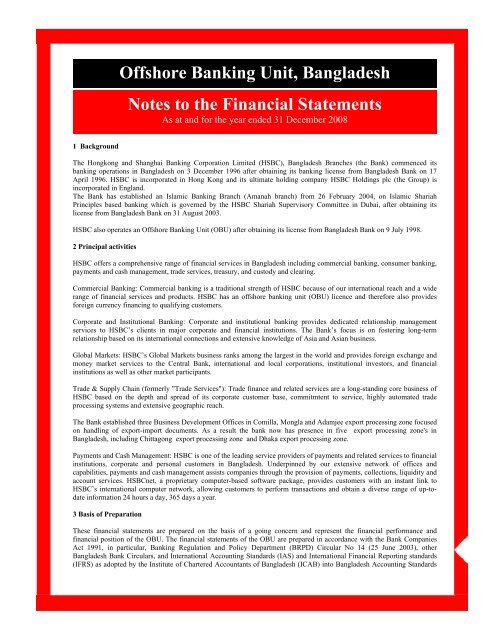Comprehending the Legal Ramifications of Offshore Firm Development

Legal Structure for Offshore Business
When developing an offshore business, understanding the legal framework regulating its formation and procedure is crucial for compliance and threat administration. Offshore companies operate under certain regulations and laws that vary from those of onshore entities. The legal structure for overseas companies generally includes stipulations for business registration, investor needs, supervisor obligations, and tax obligation obligations.
Business enrollment includes submitting the required paperwork to the ideal regulatory authorities in the selected jurisdiction. This procedure often calls for detailed details about the business's structure, investors, and intended tasks. Furthermore, overseas business need to comply with particular shareholder demands, such as maintaining a register of investors and keeping this information up to date.
Supervisors of overseas companies have fiduciary obligations to act in the very best rate of interests of the business and its investors. They are responsible for managing the firm's operations, guaranteeing conformity with all appropriate legislations, and handling risks effectively. Recognizing the tax responsibilities of an overseas company is crucial to stay clear of any type of possible lawful problems. By sticking to the legal framework regulating overseas firms, businesses can operate with self-confidence while reducing lawful threats.


Tax Ramifications and Rules
Recognizing the tax obligation implications and laws is extremely important when taking into consideration the facility and operation of an offshore firm. Offshore companies are frequently subject to positive tax regimes, supplying decreased or no tax obligation rates on foreign-earned revenue.
Tax obligation laws for offshore companies differ substantially throughout jurisdictions, and it is important to seek professional suggestions to comprehend the particular requirements and responsibilities. Detailed knowledge of tax obligation legislations and policies, as well as appropriate tax planning, are necessary to ensure the effective and certified procedure of an overseas business.
Compliance Needs and Coverage
Guaranteeing compliance with governing needs and maintaining exact reporting are essential elements of managing an overseas company efficiently and transparently. Offshore firms have to follow the legislations and guidelines of both the territory in which they are included and any other relevant jurisdictions where they carry out service. Conformity requirements normally include submitting yearly returns, economic statements, and tax records with the ideal authorities. Failure to satisfy these obligations can cause charges, fines, or perhaps the abrogation of the firm's registration.
Along with regulatory compliance, offshore companies are often based on reporting demands to guarantee transparency and stop prohibited activities such as money laundering or tax evasion. Reporting responsibilities might include revealing information concerning the company's possession structure, financial activities, and recipients. This information may require to be shown regulatory bodies, tax obligation authorities, or various other governmental companies, depending upon the territory.
Keeping comprehensive and exact documents is important for demonstrating compliance and reacting to any questions or audits effectively. Offshore companies must execute robust coverage mechanisms and inner controls to ensure that they fulfill all legal requirements and run with integrity.
Asset Defense and Privacy Regulations
In the realm of offshore business formation, a crucial factor to consider is the interplay in between asset security techniques and privacy legislations. By structuring properties within an overseas firm, people can safeguard their wealth and diversify their holdings throughout various lawful structures. Inevitably, understanding the intricate partnership in between asset protection methods and personal privacy legislations is paramount when thinking about offshore firm development.
Difficulties and dangers to Take into consideration
When venturing right into offshore business formation, prudent consideration of possible threats and difficulties is important for educated decision-making and critical preparation. One significant threat to consider is his explanation the opportunity of boosted examination from governing authorities as a result of the viewed organization of offshore entities with tax obligation evasion and money laundering. This enhanced scrutiny can lead to substantial compliance requirements and possible lawful implications otherwise properly resolved. Additionally, political instability or modifications in offshore jurisdictions can pose a danger to the connection of operations and the defense of possessions held by the overseas business.
Challenges may additionally occur worrying the complexity of overseas company structures and the demand for expert have a peek at these guys legal and monetary guidance to browse the detailed regulatory structures of different jurisdictions (offshore company formation). Maintaining conformity with differing international regulations and policies, as well as possible language obstacles and social distinctions, can additionally complicate the overseas company formation process. It is essential to be familiar with these threats and difficulties prior to waging overseas business development to minimize possible mistakes and make certain a lawfully sound and smooth facility
Verdict
To conclude, offshore firm development involves browsing intricate legal frameworks, tax implications, compliance needs, and personal privacy laws. Comprehending these facets a knockout post is important for reducing challenges and threats related to overseas business operations. It is very important for services and people taking into consideration offshore business development to look for expert guidance to make certain conformity with laws and to safeguard their assets effectively.
The lawful structure for offshore business normally consists of stipulations for business registration, investor demands, director obligations, and tax obligations.
Supervisors of offshore business have fiduciary responsibilities to act in the ideal passions of the firm and its shareholders. By adhering to the lawful framework regulating offshore companies, services can operate with confidence while decreasing lawful risks.
Additionally, political instability or changes in offshore territories can pose a risk to the continuity of procedures and the security of properties held by the offshore business. - offshore company formation
In conclusion, offshore firm formation entails browsing complex lawful frameworks, tax obligation effects, compliance requirements, and privacy regulations.